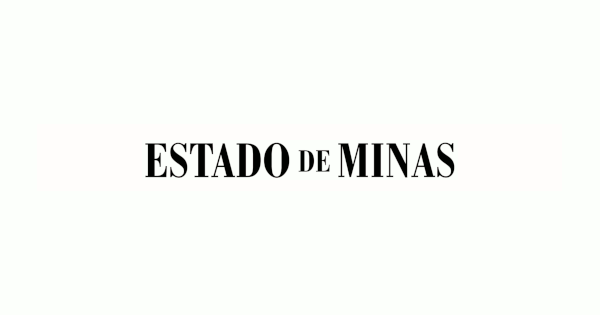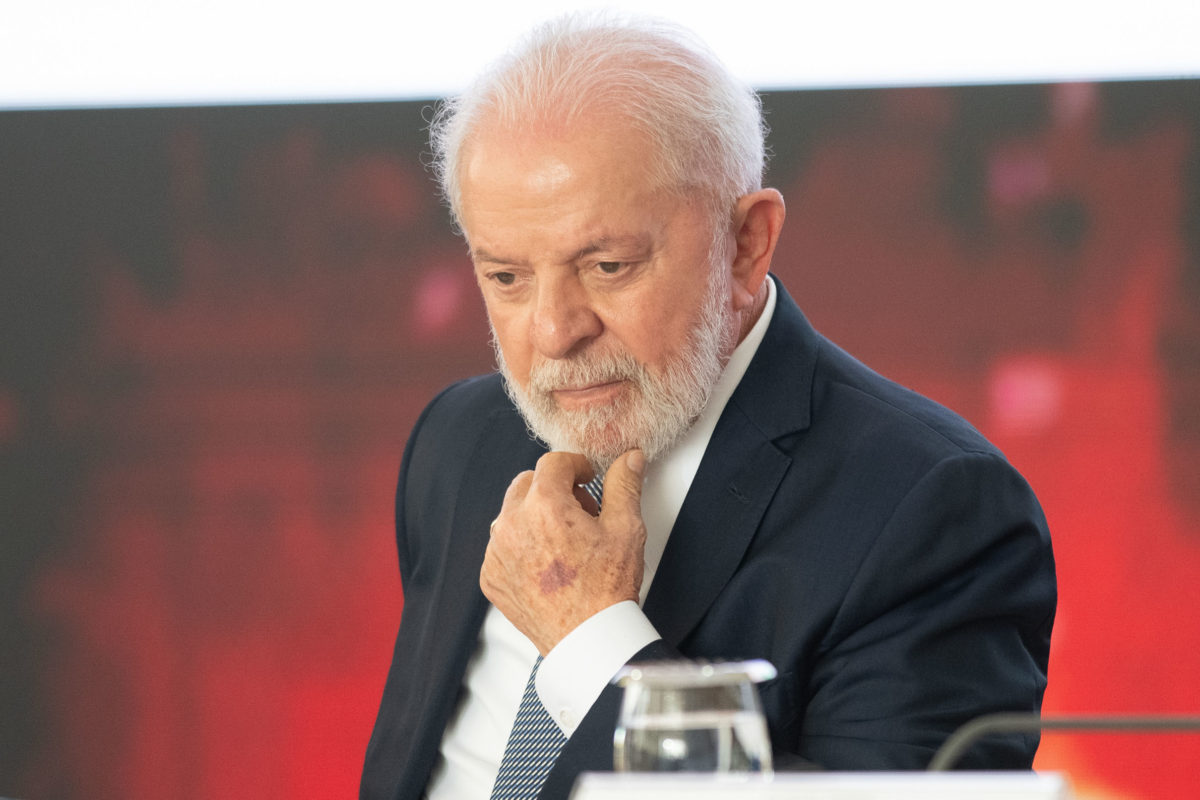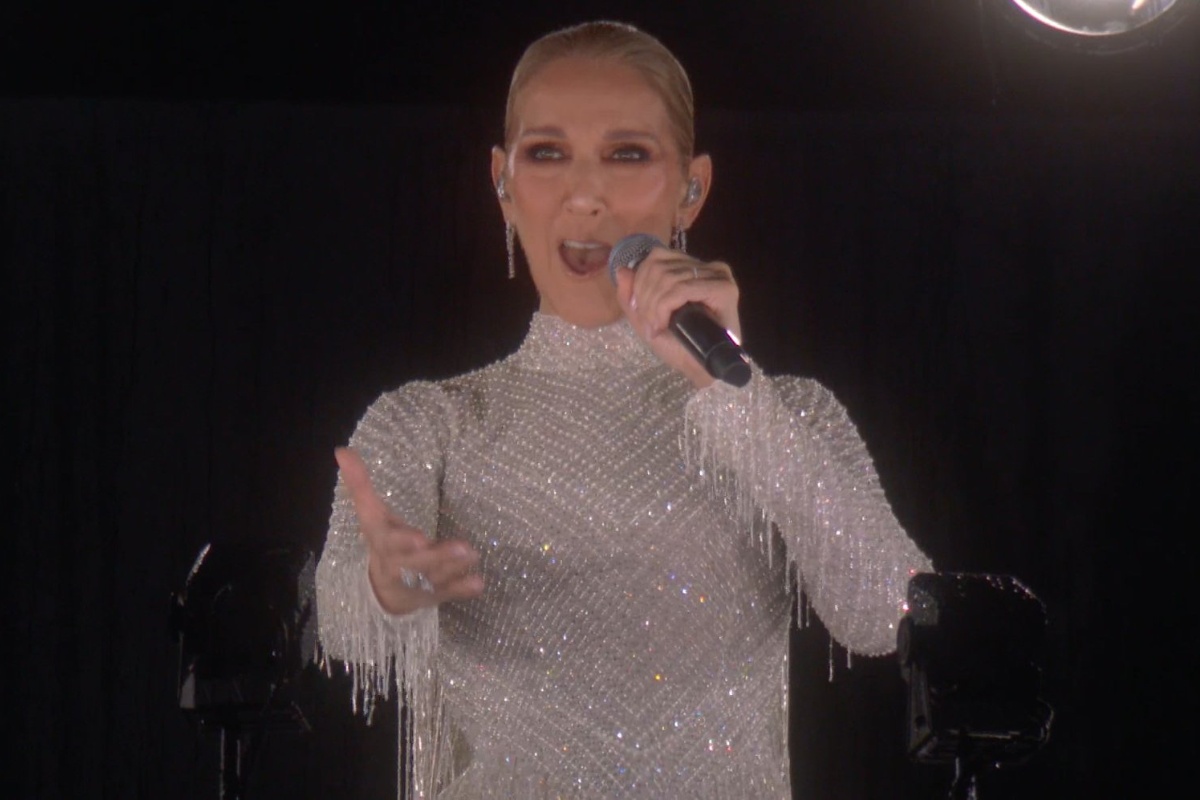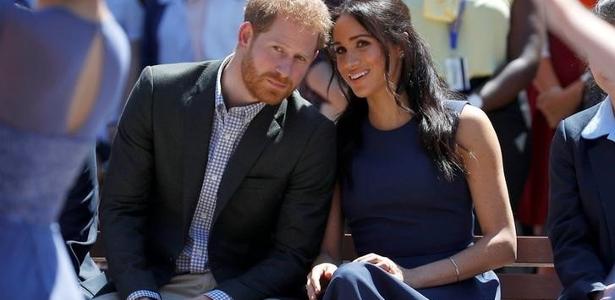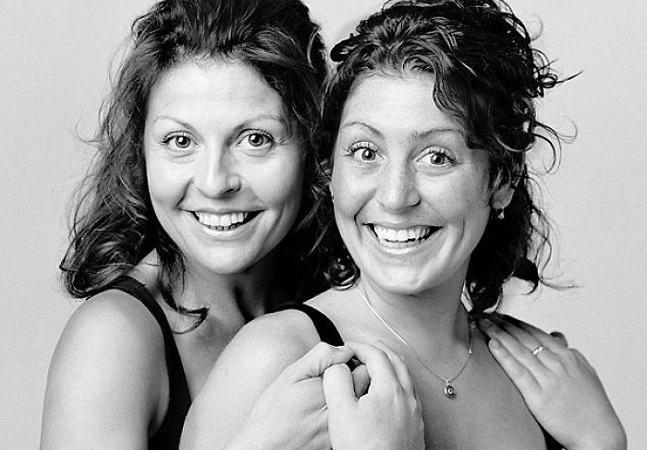The two parties officially announced the agreement to divide Hans Island and create the first land border between Canada and Europe at a ceremony in Ottawa, attended by the Canadian and Danish foreign ministers.
The division of the island and the resolution of the 49-year-old conflict will be seen as a model for the peaceful resolution of territorial disputes, unlike the war sparked by the Russian invasion of Ukraine since late February.
“The Arctic is a beacon for international cooperation, where the rule of law prevails,” said Canadian Foreign Minister Mélanie Joly.
“As global security is threatened, it is more important than ever that democracies like Canada and Denmark work together, with Indigenous peoples, to resolve our differences in accordance with international law,” he said.
– The Whiskey War –
The dispute over Hans Island – covering 1.3 square kilometers and located between Ellesmere and Greenland – began in 1973, the year a maritime border was drawn between Canada and Greenland, a self-governing territory that is part of the Kingdom of Denmark.
Danes and Canadians have been flying over the island in helicopters for decades to claim it, sparking diplomatic protests, online campaigns and even a Canadian call for a boycott of Danish sweets.
During these ministerial visits, each side hoisted a flag and left a bottle of traditional whiskey or liquor for the other side.
“Many called it the whiskey war. I think it was the friendliest of all wars,” Joly said of the row that has drawn no less than 26 foreign ministers over the years, during a press conference with his Danish counterpart, Jeppe Kofod.
The latter recalled that the resolution of the conflict comes at a time when “the rules-based international order is under pressure” and democratic values ”are under attack”.
– Inspire others –
“We see serious violations of international norms developing in another part of the world,” he added, referring to the war in Ukraine.
“On the contrary, we are showing how old disputes can be resolved peacefully by following the rules,” said the Danish minister, who hopes this experience “inspires other countries to follow the same path.”
The two leaders exchanged bottles and scoffed at suggestions that Canada could now join the EU as it shares a land border with Europe.
The site is uninhabitable, but with global warming it is attracting more shipping traffic to the Arctic, opening it up to fishing and resource exploitation, although perhaps not in the specific area of Hans Island .
Arctic affairs expert Michael Byers has observed that “the island is so incredibly remote that it is economically impossible to consider serious activity there”.
However, the postponement of the resolution of this territorial dispute was good political theater for both countries.
“It was a totally risk-free sovereignty dispute between two NATO allies on a small, insignificant island,” Byers told AFP.
Denmark feared that losing the battle for the island would damage relations with Greenland. For its part, Canada wanted to prevent the loss of territory from weakening its position in a wider dispute with the United States over the Beaufort Sea in Canada’s far northwest, which is said to be rich in hydrocarbons. .

“Internet fanatic. Evil organizer. Tv fanatic. Explorer. Hipster-friendly social media junkie. Certified food expert.”

